Iran candidates hone messages in presidential race
The six candidates in the 12th Iranian presidential election have outlined their programs, with President Hassan Rouhani pledging to put his focus on creating jobs, “not in words but in practice.”
“As we have shown in the past four years, our path is economic prosperity, employment and growth,” he told people in the central city of Yazd on Saturday, describing creation of jobs as a duty.
Rouhani also said that during the 2013 presidential election which he won, his administration had pledged to strive for freedom, security, peace as well as social advancement and stand up against violence and extremism.
“Today, security and peace are felt more than ever before in the country,” he added.
In a TV program broadcast live on Saturday, the Iranian president said he had declared four years ago that the country could tackle its problems if it remained on the “path of moderation.”
He further hailed the 2015 nuclear agreement between Iran and the 5+1 group of world countries, saying it provided suitable grounds to resume economic activities after a period of intensified sanctions.
Raeisi raps Rouhani's economic policy
Speaking at an election campaign rally in Tehran, Seyyed Ebrahim Raeisi criticized Rouhani's economic management and stressed that the country needed a “major change” in its executive management.
"Today, 30 percent of our young people are jobless and unemployment is over 12 percent. Does this situation have to continue?” he asked.
Raeisi made the remarks during his first major campaign rally ahead of the May 19 presidential election, saying state officials should not look to outside help to resolve the country's problems.
"We are facing an unacceptable situation because of weak management," he said. "Does this situation have to continue? Do we have to wait for foreigners to fix our problems?"
Raeisi, a veteran judge, and Tehran Mayor Mohammad Bagher Ghalibaf are the two main candidates challenging President Rouhani and First Vice-President Es'haq Jahangiri.
Raeisi said, "We can't fix our country's problems with words, rather through firm and revolutionary management."
Qalibaf vows to triple monthly cash subsidies
The mayor of Tehran, who spent much of his time skewering Rouhani over his economic performance and other policies during their first live debate on state television Friday night, promised to triple monthly cash handouts to Iranian families if he became president.
The current administration has always looked at cash handouts as an albatross round the neck. The government has to dole out billions of dollars to the citizens under the program but budget constraints have forced officials to roll back the largesse to those who do not need it.
Qalibaf rejected criticism that a raise in the handouts would lead to inflation, arguing that it would rather create market boom if taken in a controlled way.
Jahangiri pledges to fight poverty
Jahangiri said during a live TV interview that the next government should put fighting poverty at the top of its agenda and swiftly deal with any corruption in state institutions.
“Clean-handedness should be the most important feature of the government. The prerequisite for choosing managers should be the condition that they not encroach on state assets," he said.
Jahangiri offered his definition of an efficient government, saying it is the one which "relies on the people and is accountable to them for what it does."
"The role of the president in such an administration is to lead the society, where creativity, economic empowerment and clean-handedness of its managers are important," he said.
Aqa-Mirsalim slams Rouhani's anti-inflation strategy
Former culture minister Mostafa Aqa-Mirsalim took aim at President Rouhani’s economic policies, saying his administration's measures to reign in inflation have resulted in a decline in investment, increased unemployment and deepened recession.
The current government is credited with keeping inflation in check after it shot up to 40% under Rouhani's predecessor Mahmoud Ahmadinejad. However, Rouhani has presided over an economic inertia which has exacerbated Iran’s unemployment problem.
Hashemi-Taba praises nuclear deal
Mostafa Hashemi-Taba, a former vice president, gave credit to Rouhani over the nuclear agreement, calling it a victory for his administration.
Read more:
Some 55 million people are eligible to vote for a new president on May 19 in what is expected to be a close race. Previous election results have usually produced major surprises. The two major factions in the elections are Reformists which support Rouhani and Principlists backing Raeisi and Qalibaf.
VIDEO | Former FBI agent criticizes US Congress for 'outright corruption'
IRGC chief urges Muslim countries to cut aid routes to Israel
'New chapter in cooperation': Iran, Venezuela sign new MoUs
Jordan sentences former lawmaker for supporting Palestinian resistance
Basij volunteer forces hold massive drills in southwestern Iran
Israeli war criminals 'not welcome', US city says after ICC ruling
US vetoing of Gaza ceasefire resolution ‘disgraceful’: Iran’s UN envoy
VIDEO | IAEA adopts anti-Iran resolution tabled by E3



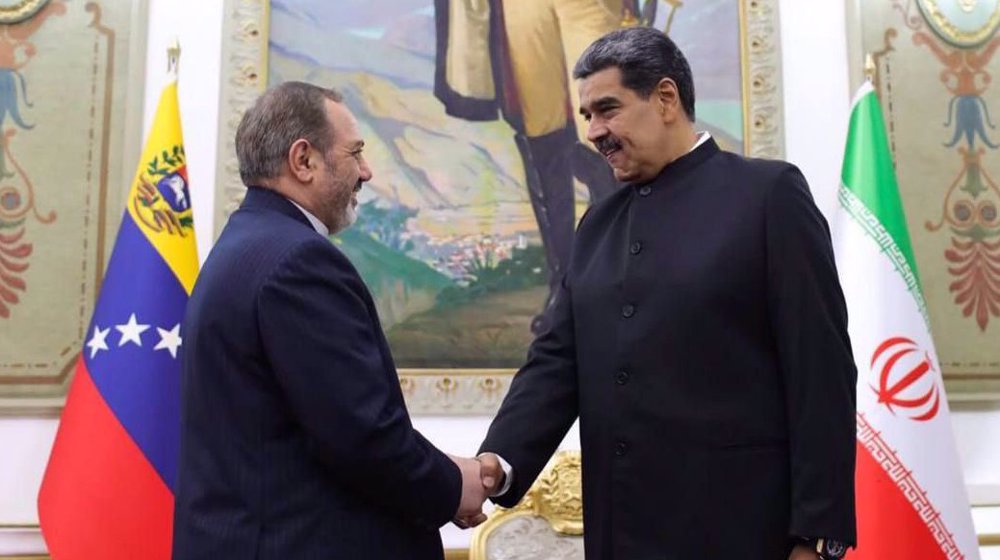
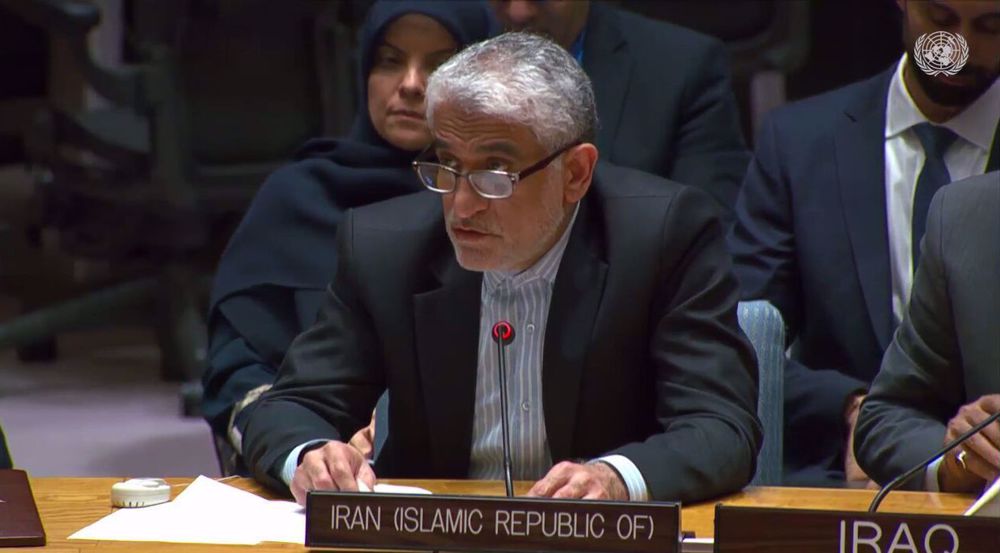
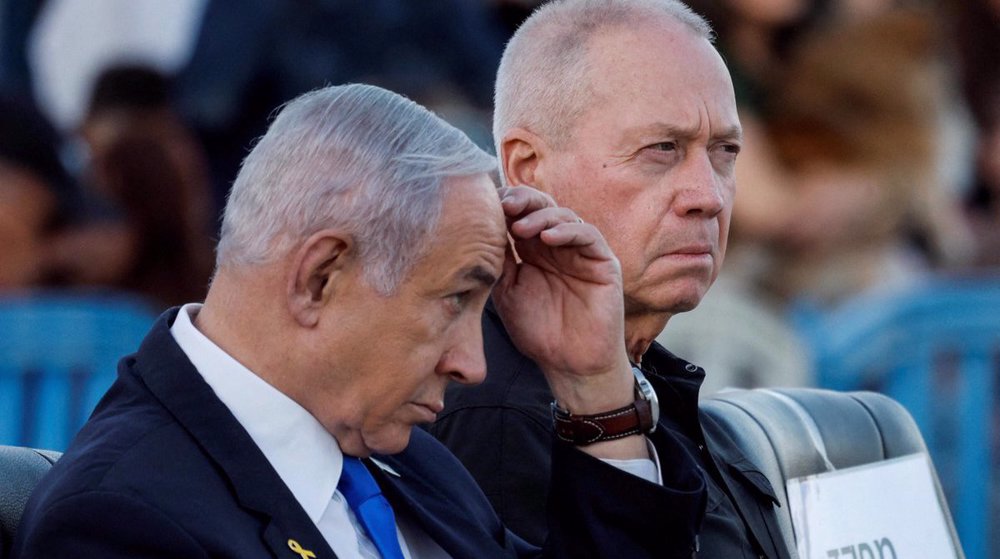



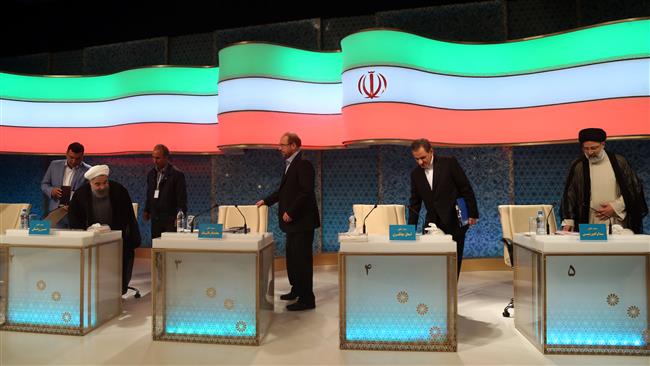
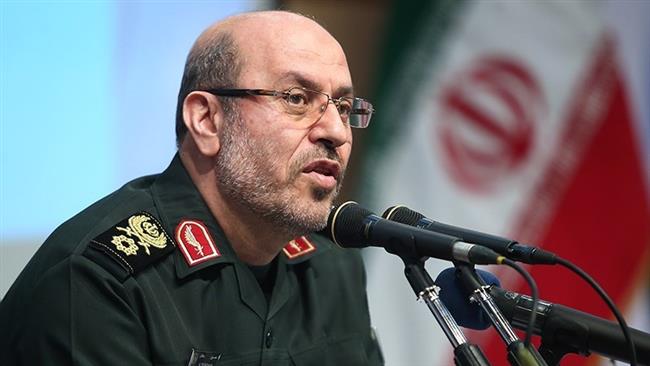




 This makes it easy to access the Press TV website
This makes it easy to access the Press TV website